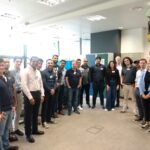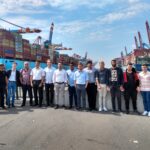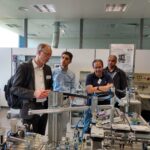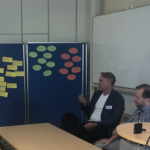We are happy to have conducted the 8th International Summer School on Industrial Agents: Autonomous Control in Logistics, Production and Energy Applications, organized by the Helmut Schmidt University, Institute for Automation Technology in Hamburg. The summer school took place from 11th to 15th July 2022. The International Summer School on Industrial Agents brings together leading researchers and PhD students in the field of agent technology. PhD students had the opportunity to participate in different workshops, get to know like-minded people from an international community and build valuable relationships in their research field.
All participants had many opportunities to engage in conversations besides the main scientific program, to form new scientific partnerships and relationships and strengthen the network of the industrial agent community as a whole. The Summer School 2022 was comprised of the following highlights:
- Distinguished speakers from the scientific community
- Local industry keynotes that highlight the application of agents in industry
- A coordinated program of a field trip, a lab tour and practical workshops that also fitted to the strong logistics industry in Hamburg with its port, aircraft and intra-logistics companies
- A lot of time for informal exchange between lecturers and participants and joint dinners

Some Impressions from the Event
General Objective of the Summer School
The summer course aims to enhance the participants‘ knowledge in the field of multi-agent systems (MAS) applied to industrial environments, particularly providing hands-on knowledge to develop industrial cyber-physical systems (e.g. production systems, smart grids, etc.) In particular, the main objectives of the course are:
- Introduce MAS principles as a suitable paradigm to develop industrial distributed collaborative systems.
- Provide practical competences in developing MAS applications for industrial automation applications.
- Deployment of agent-based solutions for industrial environments.
The participants are able to gain a range of theoretical and practical skills necessary to develop complex, real industrial agent based applications, particularly using these technologies to develop industrial cyber-physical systems.
Schedule

Speakers
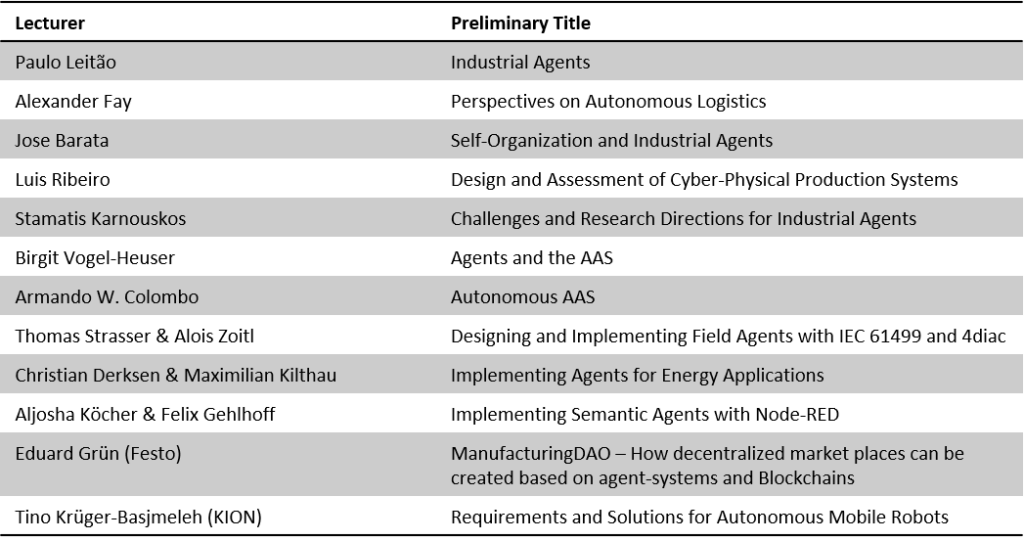
Organizing Committee
The ISSIA 2022 was hosted by Prof. Fay and Felix Gehlhoff.
Prof. Dr. Alexander Fay: Prof. Dr.–Ing. Alexander Fay (born 1970) is Director of the Institute of Automation Technology at Helmut Schmidt University Hamburg. His main research interests are models, methods, and tools for the efficient engineering of distributed automation systems. Prof. Fay also heads the division “Engineering and operation” in the German association for Measurement and Automation (VDI-/VDE-GMA) and is member of the Scientific Advisory Board of the German Platform “Industrie 4.0”.

Felix Gehlhoff (PhD candidate and research group leader): Felix Gehlhoff is responsible for agent-related research and teaching activities at the Institute of Automation Technology. He will be the main point of contact for all summer school participants and will happily answer any questions you might have.

Registration (outdated)
In order to register for the event please send an e-mail to [email protected] with the following information:
- Your full name
- Institution and department
- Position at the institution
- Contact email (to be used in all communications)
- Billing address
Registration fees (accommodation is not included)
Early registration fee: 275€ (before 17th May 2022)
Regular registration fee: 325€
Discounted registration fee: 175€ (for the second participant from the same institution)
Registration fee Produktion2030 Graduate School member (affiliation with a Swedish University): 0€ (Indicate that you are a member in the registration e-mail).
Our Sponsors



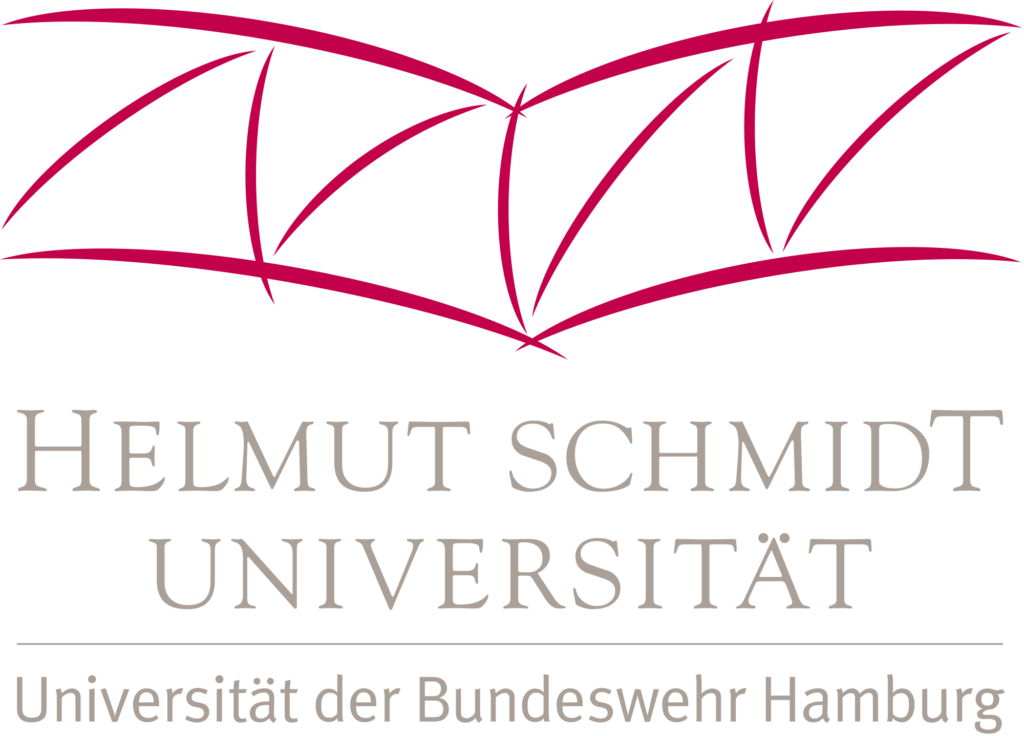
Letzte Änderung: 15. Juli 2022
